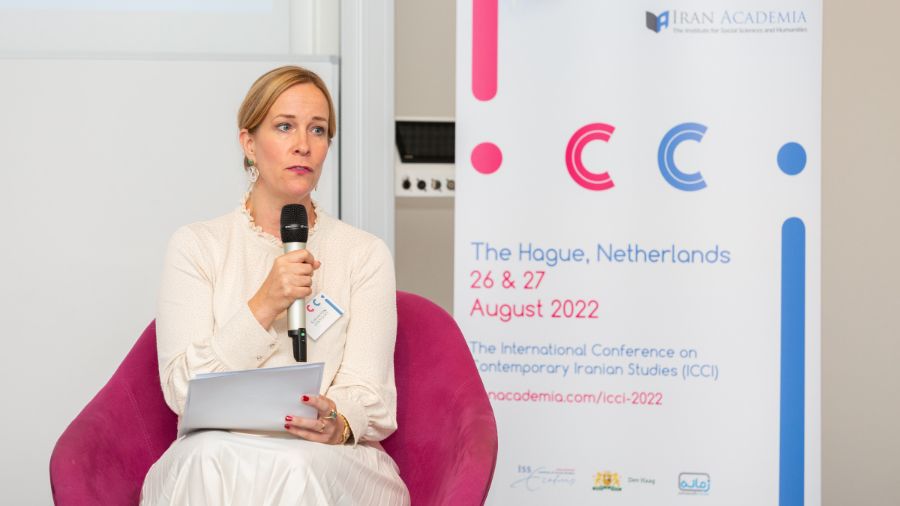The Bahá’í Faith has been severely persecuted since the 1979 Islamic Revolution in Iran, initially leading to more than 200 followers being tortured and killed. After the initial wave of persecutions, the government transformed its methods and became more sophisticated, making it more complicated for the international community to detect the persecutions. The Bahá’í International Community (BIC) uses the term “economic strangulation” to describe the economic measures taken against the Bahá’ís, including the exclusion of all public sector and many private sector jobs, denial to follow university education, confiscation of properties and closure of businesses. This has been added to the regular arrests and imprisonments of Bahá’ís that continue.
The Bahá’í Faith began in mid-19th century Iran. Throughout its history, the Bahá’í Faith and community have suffered from misinformation and bias in Iran, and this ignorance has created a basis for violence toward the followers of this religion. The basis for the severity of the government’s opposition to the Bahá’í Faith and its adherents seems to lie in the Bahá’í Faith’s claim that God continues to send Messengers to humanity even after the “Seal of the Prophets”, Mohammad, and will continue to do so in the future. This concept is referred to as “progressive revelation” and forms the continuous basis for the spiritual development of humankind.
In 1991 a secret memorandum referred to as “The Bahá’í Question” was issued delineating the Iranian government’s policy towards the Bahá’ís. It had been drafted by the Supreme Council of Cultural Revolution and approved by Supreme Leader Ali Khamenei. It states that the government should block the Bahá’ís’ progress and development, by means such as denial of university education, denial of employment, and preventing them from reaching positions of influence.
While the memorandum recognizes that Bahá’ís should be allowed to have a “modest livelihood”, in fact, the policy has led to what the BIC has referred to as ‘economic strangulation’, depriving ordinary Bahá’ís of their livelihoods.
The Constitution itself forms a legal basis for the discrimination of the Bahá’i community, as well as many other religious minorities. Whilst it provides some form of protection to the ‘religions of the Book’ (Zoroastrianism, Judaism and Christianity), it denies that same protection to other religious groups, given that they are not considered ‘religions’ under the law.
In addition to that, the Supreme Leader Khamenei has issued a fatwa discouraging Muslims from interacting with Bahá’ís, referring to them as “deviant and misleading”.
Since June of this year, the Iranian government has ramped up its persecution of the Bahá’ís throughout the country. Reports from BIC indicate that the present acceleration in the persecution is beyond troubling and that there is no end in sight. The Ministry of Intelligence issued a formal statement, claiming that the arrests were against members of the “Baha’i espionage [political] party” and that those arrested were “propagating the teachings of the fabricated Baha’i colonialism and infiltrating educational environments”, including kindergartens. The BIC concludes that the mention of kindergartens is an apparent pretext for the targeting of Baha’is who are preschool teachers. Besides the escalation in arrests over the last few months, the Iranian government has further intensified its campaign of persecution with the illegal demolition of homes and land grabs in Roshankouh, in Mazandaran province.
The central principle of the Bahá’í Faith is the oneness of humanity, and this implies that Bahá’ís attempt to live in unity, applying this in their daily and community lives. Despite generations of Bahá’ís having undergone humiliations, discrimination and oppression, rather than working against the regime, Bahá’ís try to build up their community and change people’s hearts, and refuse to divide into warring factions, whether as individuals, races or nations.
As ‘Abdu’l-Bahá, the son of the Founder of the Bahá’í Faith said: “[L]ove and good faith must so dominate the human heart that men will regard the stranger as a familiar friend, the malefactor as one of their own, the alien even as a loved one, the enemy as a companion dear and close”.



